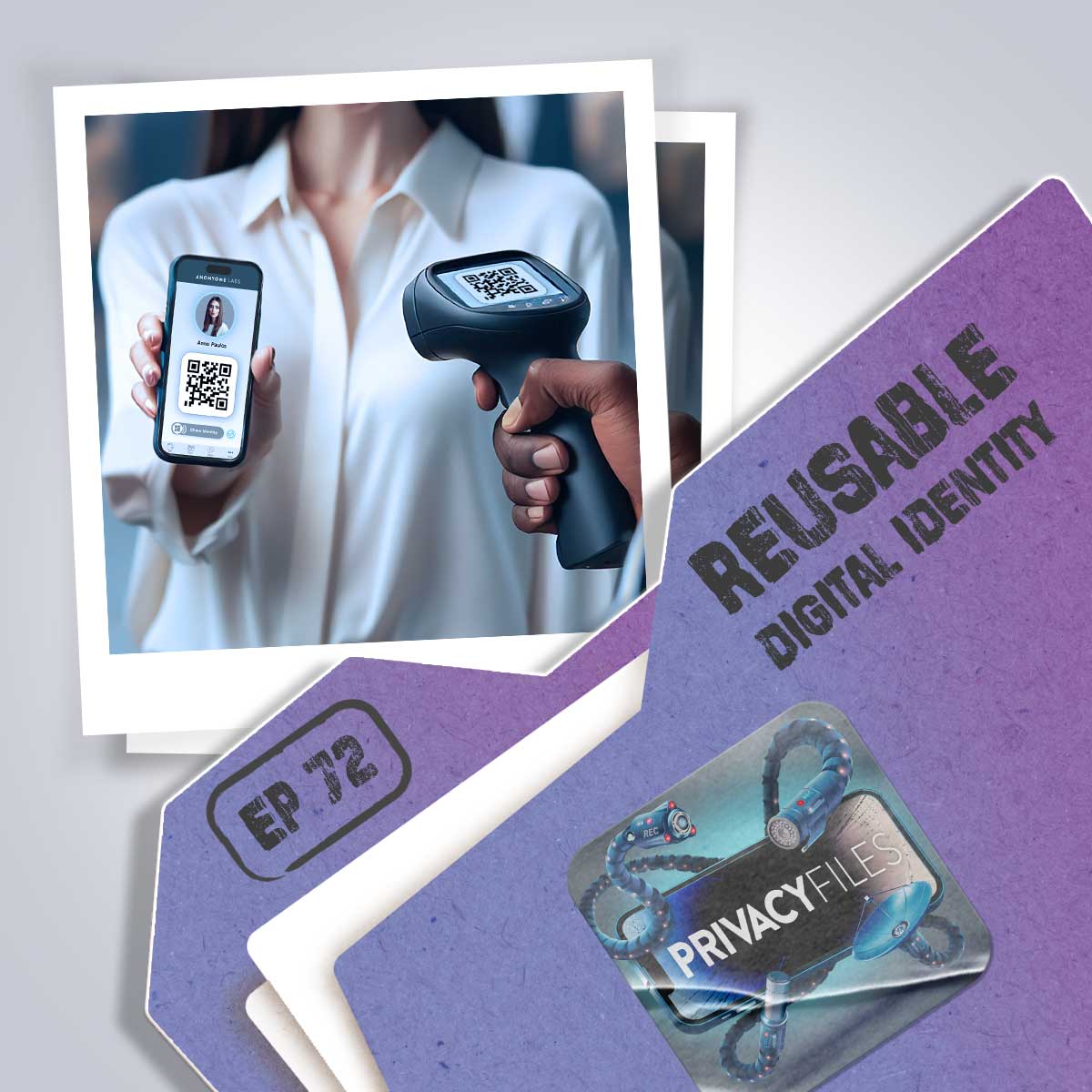In the United States, fraud and identity theft together result in tens of billions of dollars in losses annually.
Contributing to this growing problem is the continued use of usernames and passwords stored in giant, centralized databases owned by large companies. These databases are often the target of hacking attacks. And this stolen data finds its way into marketplaces on the dark web.
The good news is, there’s a better way and it’s being put to the test now.
In this episode of Privacy Files, we welcome back Anonyome Labs CTO, Dr. Paul Ashley.
Dr. Ashley provides an update on the topic of decentralized identity and how companies are using blockchain technology to develop reusable credentials, sometimes referred to as reusable digital identity.
So much has happened in the world of decentralized identity since Dr. Ashley last appeared on Privacy Files.
Many industries are now exploring ways to implement reusable credentials as a way to reduce fraud and improve the customer experience. From banking and healthcare to insurance and cybersecurity, industry leaders are pioneering the transformation of the way businesses secure information and protect their clients.
Dr. Ashley covers many examples of how the concept of reusable credentials can work and proves that the best use case for blockchain technology is not cryptocurrency, but data verification.
A future where clunky usernames and passwords are a thing of the past is just around the corner.






